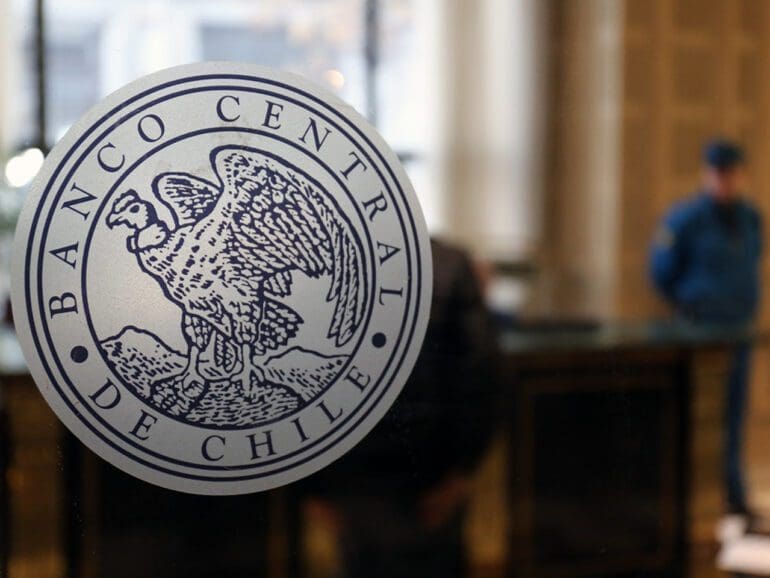The Securities and Exchange Commission (SEC) has requested that Lending Club provide increased disclosure on its loan portfolio and sources of funds also suggesting they improve non-GAAP reporting which is potentially misleading for investors; Lending Club has agreed to provide more disclosure and evolved its SEC filings accordingly however it has defended its non-GAAP accounting procedures, reporting it did not see the measures as misleading; recent requests for added disclosure as a publicly traded company are included in the SEC's last correspondence on November 4; the items remain open and the SEC's most recent correspondence is in addition to its review of the company following the replacement of its CEO in May. Source





